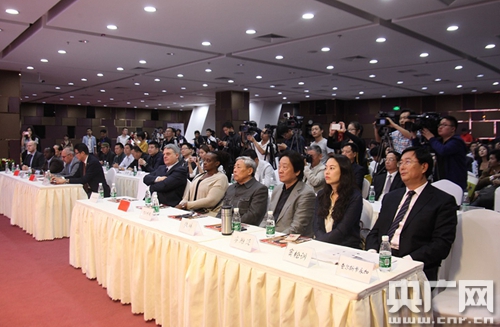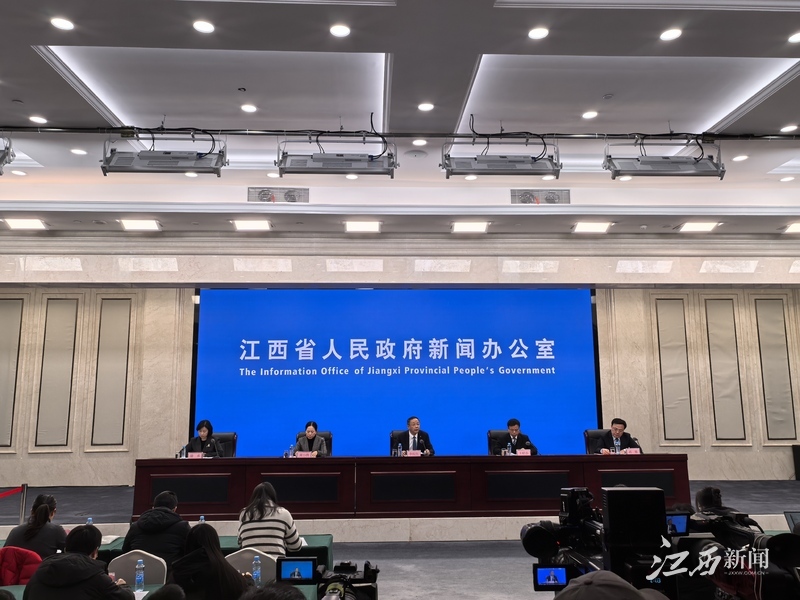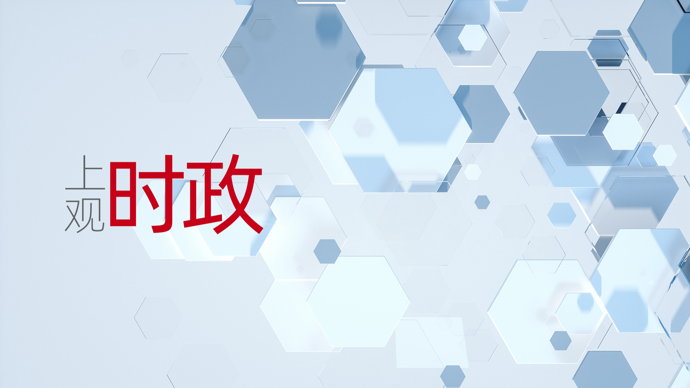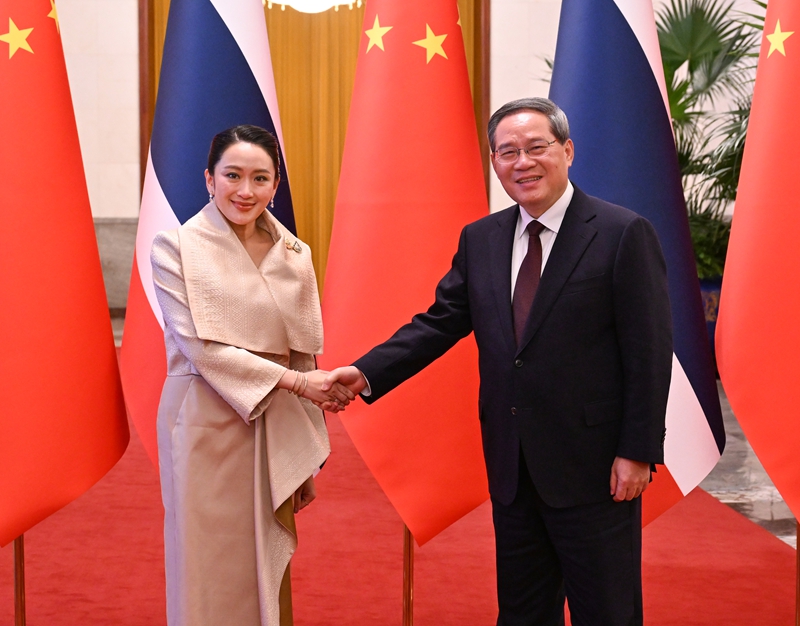[The Bright Story Of These Cultural Celebrities] Chen Xianghe: Silently Working For The "literary Heritage"
[The Bright Story Of These Cultural Celebrities] Chen Xianghe: Silently Working For The "literary Heritage"
Chen Xianghe, born in 1901, is a famous writer in my country. He has participated in the organization and establishment of the progressive literary societies "Asakusa Society" and "Chen Zhong Society".
Opening column
June 16th - Guangming Daily's 76th birthday is coming soon!
76 years of hard work, and the vast bright sky is shining with stars!
Look, Fan Wenlan, Jin Yuelin, Jian Bozan, Shen Zhiyuan, Zhong Jingwen, Bai Shouyi, Fei Xiaotong... Academic master and literary master have moved side by side with the newspaper people as hosts of special issues and executive editors, polishing the ideological and cultural background for this newspaper, and tempering the character of learning and seeking truth, and engraving the title of "Great Mr." in the history of the evolution of Chinese civilization.
Walking together for 76 years, the cultural gardens are full of flowers!
Look, Guo Moruo, Mei Lanfang, Mao Dun, Lao She, Ba Jin, Lu Shuxiang, Qian Xuesen... On the long list of authors of Guangming Daily, there are many cultural celebrities and scientific experts, holding a pen like a rafter and dipping the ink of heart and soul, conveying wisdom and philosophy in this "spiritual home of intellectuals" and stirring up the times, so that the "taste of truth" can be forged into eternity in the depths of time.
Looking back for 76 years, we can not only see the outstanding style of famous masters, but also feel a endless pulse of civilization; not only salvage the auspicious light of history from it, but also deeply understand the mission and glory of a newspaper "walking with the truth and synchronizing with the times".
After 76 years of hard work, from the square space built by "lead and fire", to the laser illumination facilitated by "light and electricity", to the micro-matrix presentation of the newspaper's network, what has changed is the rapid development of communication carriers and cutting-edge technology, and what remains unchanged is the original intention of this newspaper to serve the authors and readers.
There is another thing that has not changed - the tradition of "opening the door to run newspapers". Countless old and new scholars are intertwined with this newspaper, yellowed manuscripts, precious images, and repeated talks... witnessing the close and close discussions between editors and readers, and recording the joining hand-in-hand between newspapers and scholars.
The echo of thoughts travels through time and space, and precious memories remain fresh forever. As Guangming Daily is about to celebrate its 76th birthday, we have opened a column "The "Light Story" of These Cultural Celebrities" to relive the people, those things, and chapters that have been cleansed by the long river of time but are immortal. It is not only to feel the spiritual power in the fragrance of ink and books through precious fragments of vicissitudes and great changes with you, but also to convey the torch and carry forward the responsibilities...
After 76 years, the flowers have bloomed and faded, and generations of "light people" have forged such belief step by step:
The steps of pursuing the light will never stop; the ethics of upholding the truth will never stop; the words that are filled with the fragrance of books will be diligent; the news written into history will be immortal forever!

"The special issue of "Literary Heritage" edited by Chen Xianghe was the cradle of the growth of our generation of scholars and a university without walls that educates us to learn how to behave and do things." Huang Tianji, a professor at Sun Yat-sen University, once recalled this way in an article.
Chen Xianghe, born in 1901, is a famous writer in my country. He has participated in the organization and establishment of the progressive literary societies "Asakusa Society" and "Chen Zhong Society". He has profound attainments in classical literature, and his two works were selected into the "China New Literature Series" by Mr. Lu Xun. In 1938, he joined the Communist Party of China braved the terror of whiteness and called on people from the cultural circle to join the anti-Japanese and national salvation movement. After the founding of New China, he engaged in cultural and educational work in many places.

In 1954, based on the suggestions of scholars such as Zheng Zhenduo, Guangming Daily decided to open a special issue that specializes in publishing research results of Chinese classical literature, and entrusted the Classical Literature Department of the Chinese Writers Association to be responsible for the editorial work, with Chen Xianghe, then deputy director of the Department of Classical Literature, as the editor-in-chief.
On March 1 of the same year, "Literary Heritage" was officially launched. Chen Xianghe wrote in the "Issue Release": "Using scientific views and methods, that is, dialectical materialist views and methods, is the goal of our efforts." He also pointed out: "Add to publish various opinions, and does not require every article to be the final conclusion. We hope that some important issues can be carried out in this publication with lively free debate."
During the ten years of publication of "Literary Heritage", Chen Xianghe basically put down his creations and devoted himself to creating this special issue, making it a banner and benchmark in the field of classical literature.
"Usually, Mr. Xiang comes to work every day like us, never late or leave early. He is not tall and sways when walking. He is always wearing cloth clothes, with a blue-bottomed cloth bag under his armpit, which contains documents or manuscripts taken home. It is such a kind and easy-going elder who leads me on the road of editing and silently affects my life." Lu Xingji, who just graduated from the Chinese Department of Peking University in 1956, became the editor of "Literary Legacy" under the persuasion of Chen Xianghe.
"In early weekly magazines, Xiang was always the backbone. From creating an editorial department, establishing a correspondent system, and even setting editorial policies and plans, it was all out of his careful consideration. He had to personally inquire about many important matters." Lu Xingji remembered that Guangming Daily allocated a car fee for Chen Xianghe at that time, but he never used it. "There was also the editorial fee paid by the newspaper to each issue of "Literary Heritage". Xiang Lao proposed this small amount to be used for the editorial department to purchase books, and the editorial department members were also allowed to reimburse five yuan in book purchase fees per month."
When editing the editor-in-chief of "Literary Heritage", Chen Xianghe was over fifty years old and still often visited the authors to sincerely solicit opinions on improving the publication. He also went to college dormitories to talk to young authors many times to guide them in their research and writing. "We must pay attention to any article that has gained insights, persistence, and reasoning." Chen Xianghe often reminds editors to pay attention to the submissions of young people and encourage and cultivate young and middle-aged scholars. In the future, the first papers of many famous experts and scholars in this field were published in "Literary Heritage".
In 1955, Huang Tianji, who was studying for his junior year, sent his 14,500-word essay "The People's Characteristics of Tao Yuanming's Poems" to "Literary Heritage". More than a month later, he received a reply: "Comrade Tianji: The handwriting of the manuscript is very sloppy, just like a heavenly book. The plagiarism worker curses while plagiarism. In the future, you must be serious when reading and writing." The letter was signed by "Editor".
Huang Tianji was quite embarrassed about this. Unexpectedly, four or five months later, he unexpectedly received a sample magazine, and his surprise was beyond words.
It was not until after graduation that Huang Tianji realized that the letter was written to him by Chen Xianghe. At that time, he was hired as a correspondent for "Literary Legacy" and met Mr. Chen for the first time. The gentleman handed him a cup of tea and joked, "Okay! The one who wrote the 'Shisattva Book' is here!" This made him at a loss for a moment. Mr. Chen laughed and said, "I have read the newsletter you wrote carefully and the handwriting is much better!"
"A famous writer and scholar, the editor-in-chief of an important newspaper, is busy and does not worry about the trouble. He patiently reads a long man who copied a sloppy manuscript like a "ghost painting talisman". How much time and energy does it take to read it! When he found that the manuscript had a clear understanding, he guided it carefully and cultivated it. I am so lucky to meet such a teacher!" Huang Tianji felt very moved whenever he thought of this.
Chen Xianghe's dedication and respect for others has made many authors regard writing for "Literary Legacy" as an unshirkable responsibility. With his efforts, almost all famous scholars in the national classical literature research and related fields were mobilized.
Over the past ten years, "Literary Heritage" organized a series of academic discussions, covering all aspects of classical literature research: how to criticize and inherit literary heritage dialectically and uniformly? Is literary heritage a superstructure? How to write a new literary history... The easy-to-understand article attracted readers from all walks of life, and the Sunday edition of Guangming Daily, which published "Literary Heritage", was even printed in addition to the original number of prints. In view of this situation, the newspaper decided to make an exception and allow readers to subscribe to the special issue of "Literary Heritage".
Zheng Zheng, who had worked with Mao Zedong, recalled that Chairman Mao "who liked to read the most about philosophy, history, and Chinese classical literature, so he was particularly interested in the columns such as "Literary Heritage", "Philosophy", and "History" of Guangming Daily (Editor's Note: Special Issue)." So when five special issues such as "Literary Heritage" were suspended for some reason in 1958, Chairman Mao, who was in a meeting in Zhengzhou, Henan, immediately asked someone to tell him that the supplement of Guangming Daily, "Philosophy" and "Literary Heritage" should continue to be published and should not be suspended. "Philosophy" and "Literary Heritage" were reissued after one week of suspension of publication.
In the years that followed, although "Literary Heritage" has gone through many twists and turns, it has been carried out. Now there are more than 1,200 issues, becoming an important academic exchange platform for displaying the research achievements of Chinese classical literature and protecting the roots of Chinese civilization.
Looking back at the long road that this special issue has gone through, as editors and post-schools of "Literary Heritage", we will never forget the persistent original intentions of scholars such as Chen Xianghe, the academic persistence, and the deep affection of such deep friendship...
"Guangming Daily" (page 01, June 13, 2025)

![[The Bright Story Of These Cultural Celebrities] Chen Xianghe: Silently Working For The "literary Heritage"](https://lcs-sfo.k4v.com/assets/public/default_cover.jpg)



